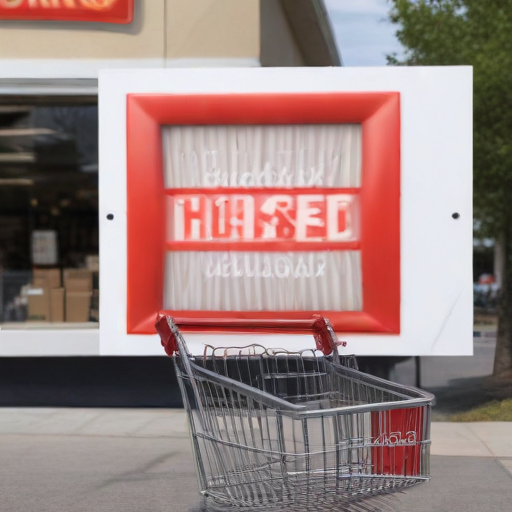Big Lots is set to close nearly 1,000 stores across the United States, including 100 locations in North Carolina and South Carolina, as part of a significant “going out of business” sale. This announcement follows the company’s acquisition by a private equity firm and comes amid challenging economic conditions, where high inflation and increased interest rates have impacted consumer spending patterns, particularly in furniture and seasonal products, which are crucial for Big Lots’ revenue stream.
In North Carolina, 66 stores will cease operations, while South Carolina will see the closure of 34 stores. Without any Big Lots locations in Charlotte, shoppers from the surrounding areas can still take advantage of the impending sales at these nearby sites before the stores close for good.
Here are some of the affected locations in North Carolina:
– Albemarle: 720 NC-24
– Belmont: 601 Park St
– Boone: 223 New Market Ctr
– Concord: 280 Concord Pkwy N
– Gastonia: 2587 W Franklin Blvd
– Hickory: 526c Us Highway 70 Sw
– Kannapolis: 950 S Cannon Blvd
– Lenoir: 845 Blowing Rock Blvd
– Lincolnton: 403 N Generals Blvd
– Monroe: 3129 Hwy 74 W
– Mooresville: 376 West Plaza Drive
– Morganton: 1251 Burkemont Ave
– Newton: 2725 Northwest Blvd
– Salisbury: 711 E. Innes St
– Shelby: 1728 E Dixon Blvd
– Statesville: 1020 Crossroads Dr
And in South Carolina:
– Lancaster: 1206 Highway 9 Bypass W
– Rock Hill: 2349 Cherry Rd
This closure signifies a significant shift in the retail landscape and highlights the ongoing challenges faced by physical retail establishments in adapting to the changing economic environment.
Despite the disappointing news regarding the store closures, the upcoming sales may offer an opportunity for customers to receive substantial discounts on home goods and decor items as Big Lots liquidates its inventory. Additionally, this could present a chance for other retailers to fill the gaps left behind in these communities.
In summary, while the closure of Big Lots stores brings about uncertainty for employees and shoppers alike, it also invites a potential for new beginnings in retail for both consumers and local economies.
